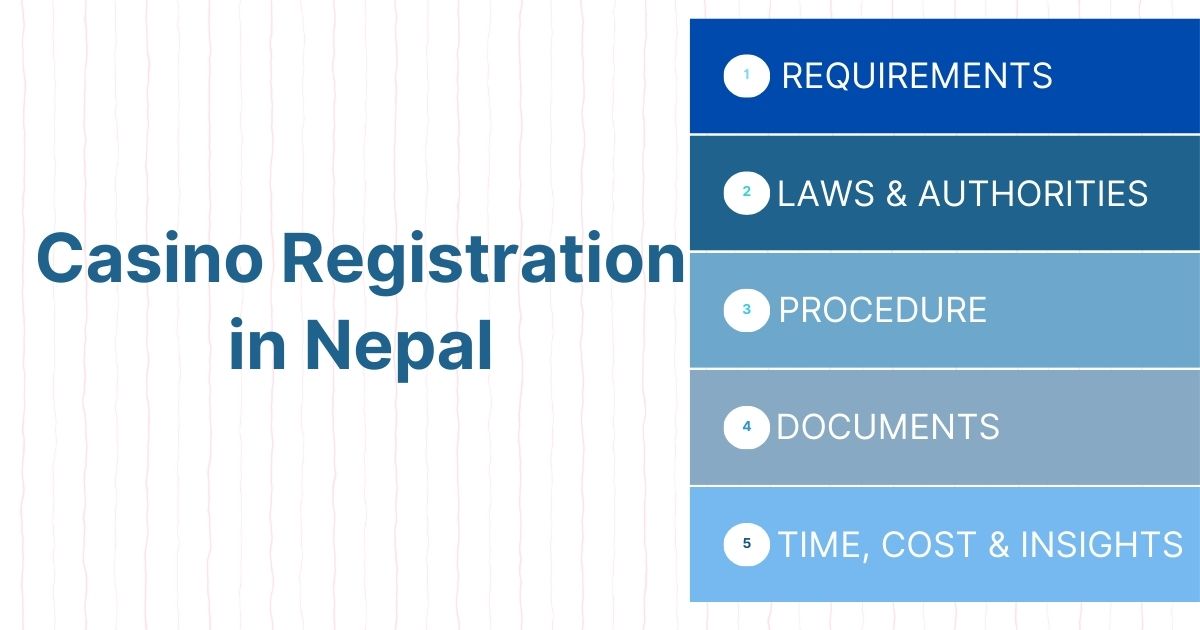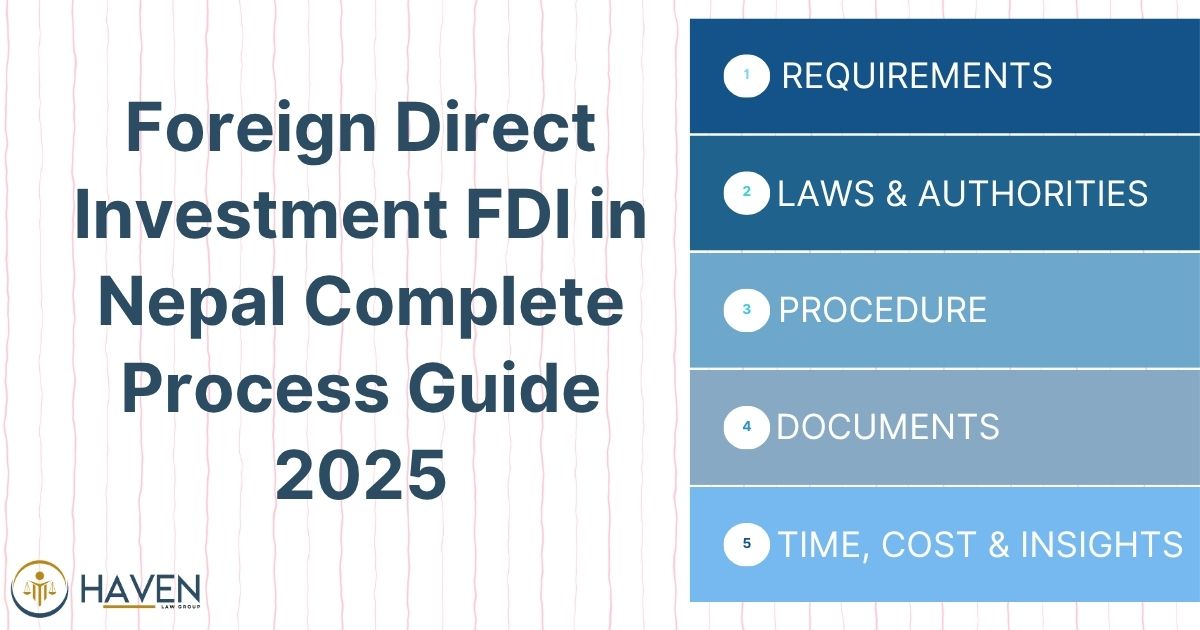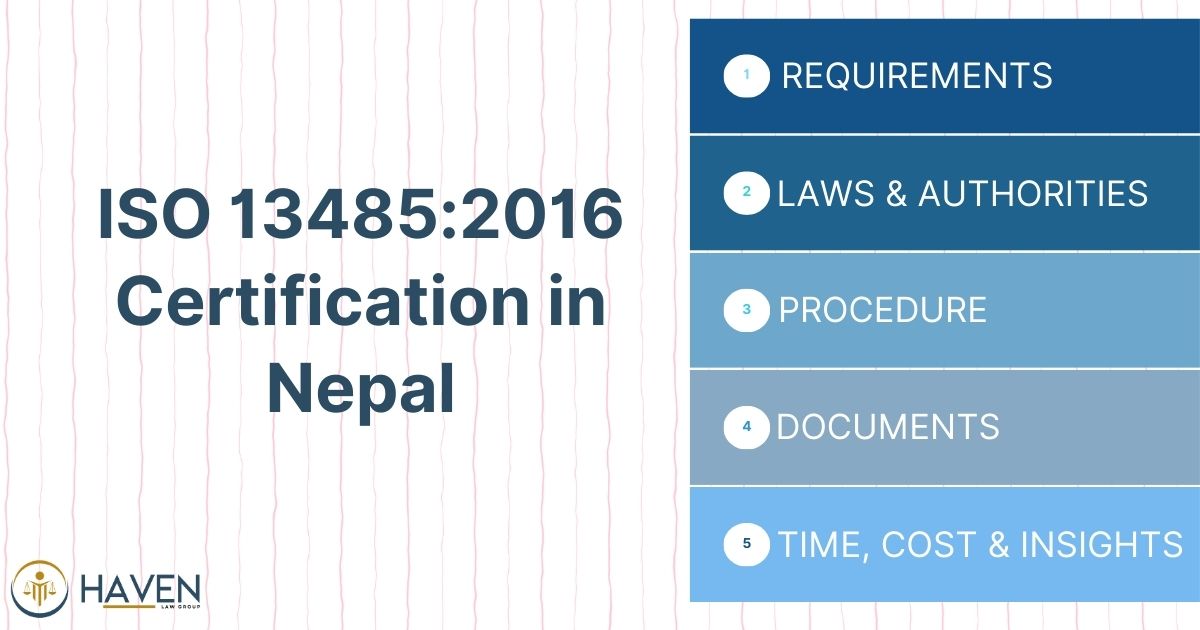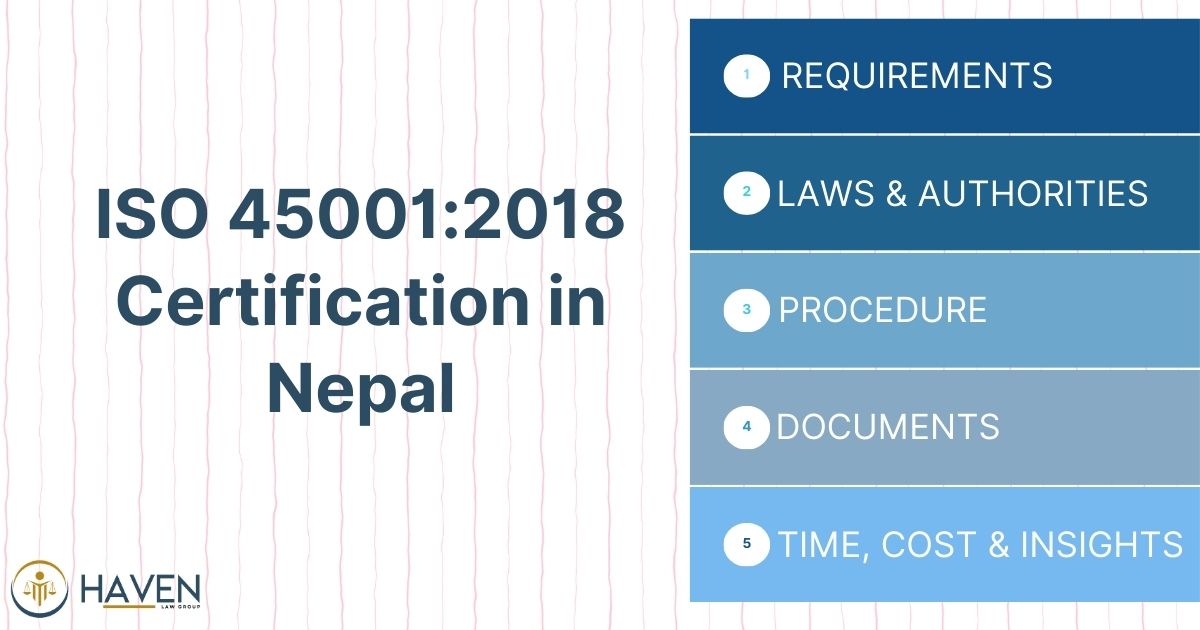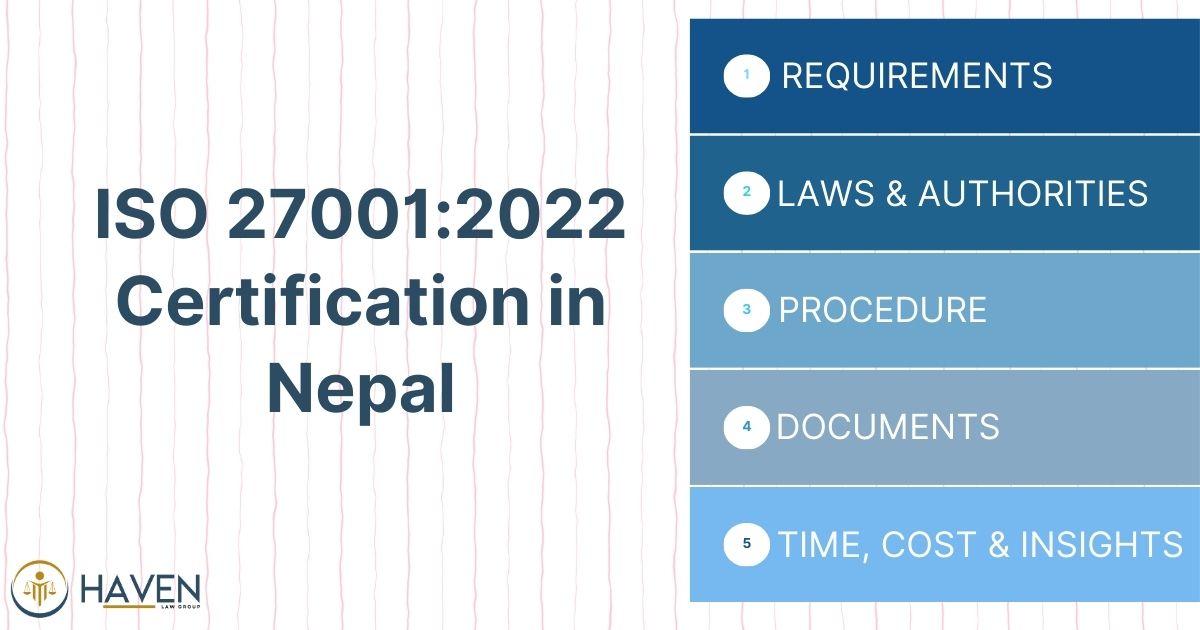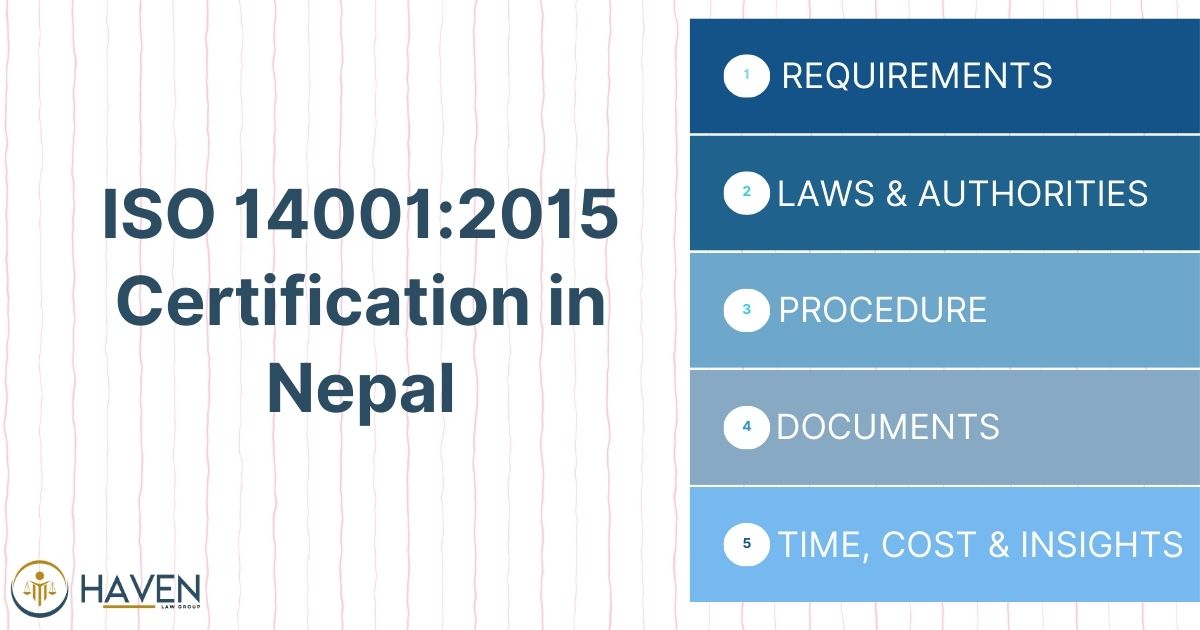What is a court marriage in Nepal?
Court marriage in Nepal, also known as civil marriage, is a legal union between two individuals conducted and registered under the supervision of a government official. This type of marriage is recognized by the Nepal Civil Code 2074 (2017) and is an alternative to traditional religious ceremonies. Court marriage in Nepal are performed at the local District Administration Office or designated government offices.
They provide a secular option for couples who prefer a non-religious ceremony or those from different religious backgrounds. Court marriages in Nepal are legally binding and offer the same rights and responsibilities as traditional marriages. This process ensures that the marriage is officially documented and recognized by the state, providing legal protection for both parties involved.
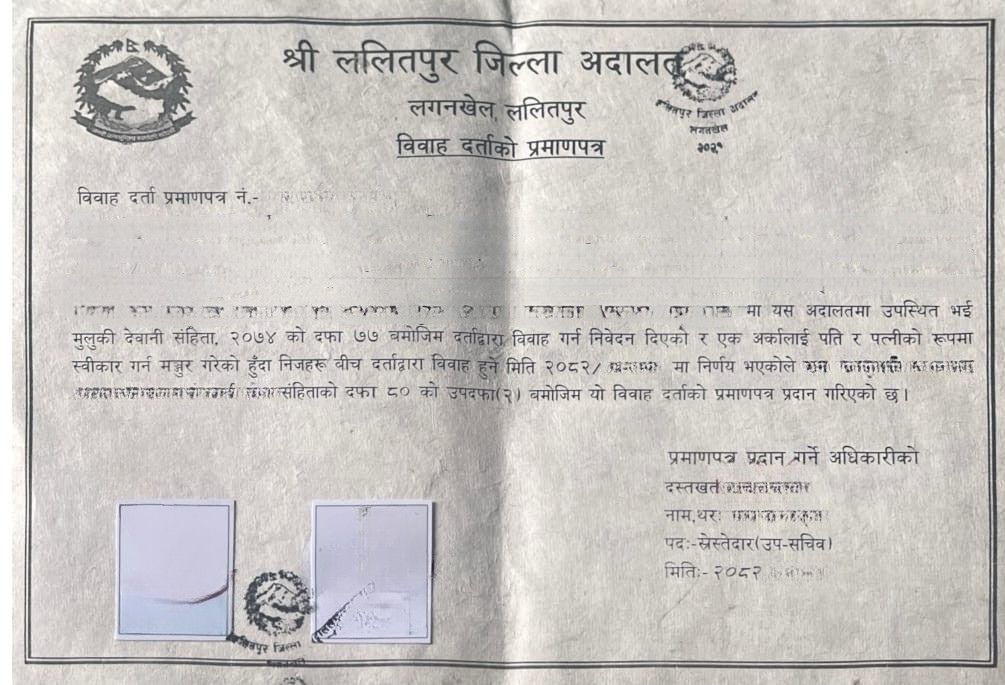
How to apply for a court marriage in Nepal?
To apply for a court marriage in Nepal, couples must follow these steps:
- Obtain and complete the marriage registration application form from the local District Administration Office.
- Gather all required documents, including citizenship certificates and photographs.
- Submit the completed application form along with necessary documents to the District Administration Office.
- Pay the required fee for marriage registration.
- Schedule an appointment for the marriage ceremony with the designated government official.
- Appear before the official on the scheduled date with two witnesses.
- Take the marriage oath and sign the marriage certificate.
- Receive the official marriage certificate from the District Administration Office.
It is essential to ensure all information provided is accurate and truthful. False information may lead to legal consequences and invalidation of the marriage.
What documents are required for court marriage in Nepal?
For a court marriage in Nepal, the following documents are typically required:
- Citizenship certificates of both bride and groom
- Recent passport-sized photographs of both parties (usually 2-4 photos each)
- Birth certificates or proof of age
- Divorce decree or death certificate of previous spouse (if applicable)
- No Objection Certificate from the respective embassies (for foreigners)
- Valid passports and visas (for foreigners)
- Affidavit declaring single status and intention to marry
- Character certificates from local authorities
- Medical certificates (if required by the District Administration Office)
- Witness identification documents
It is advisable to check with the specific District Administration Office where the marriage will be registered, as requirements may vary slightly between districts. Ensuring all documents are properly prepared and authenticated can help streamline the court marriage process.
How much does a court marriage cost in Nepal?
The cost of a court marriage in Nepal is relatively affordable compared to traditional wedding ceremonies. The primary expenses include:
- Marriage registration fee: Approximately NPR 500-1000
- Application form fee: NPR 10-20
- Stamp duty: NPR 5-10
- Notary fees for affidavits: NPR 500-1000
- Photocopies and photographs: NPR 200-300
- Translation fees (if required for foreign documents): Varies
Additional costs may include:
- Travel expenses to the District Administration Office
- Fees for obtaining necessary documents (e.g., citizenship certificates, character certificates)
- Celebratory expenses (optional)
The total cost typically ranges from NPR 2,000 to NPR 5,000, depending on individual circumstances and specific requirements. It’s important to note that these costs are subject to change, and it’s advisable to confirm current fees with the local District Administration Office. Court marriages offer a cost-effective alternative to elaborate traditional weddings, making them an attractive option for many couples in Nepal.
How long does a court marriage in Nepal take?
The duration of a court marriage process in Nepal can vary depending on several factors:
- Document preparation: 1-2 weeks
- Application submission and processing: 3-7 days
- Appointment scheduling: 1-3 days
- Marriage ceremony and registration: 1 day
- Certificate issuance: 1-3 days
The entire process typically takes between 2 to 4 weeks from start to finish. However, this timeline can be shorter or longer based on:
- Completeness and accuracy of submitted documents
- Workload of the District Administration Office
- Any objections or complications that may arise
- Availability of the couple and witnesses
Expedited processing may be available in some cases for an additional fee. It’s advisable to start the process well in advance of any planned celebrations or travel. Couples should also factor in time for obtaining necessary documents, such as citizenship certificates or character references, which may add to the overall duration of the process.
Can foreigners have a court marriage in Nepal?
Yes, foreigners can have a court marriage in Nepal. The process for foreign nationals or couples involving a foreign partner includes additional requirements:
- Valid passport and visa for Nepal
- No Objection Certificate from the respective embassy or consulate
- Authenticated single status certificate from the home country
- Translated and notarized documents (if not in English or Nepali)
- Presence of a certified translator during the ceremony (if required)
Foreign couples must also comply with their home country’s laws regarding international marriages. Some countries may require additional documentation or recognition processes for the marriage to be valid in their jurisdiction.
It’s important to note that tourist visas may not be sufficient for marriage purposes. Foreigners intending to marry in Nepal should consult with the Department of Immigration regarding the appropriate visa category.
The process for foreigners may take longer due to additional document verification and embassy involvement. It’s advisable to seek guidance from the District Administration Office and relevant embassies well in advance of the planned marriage date.
What happens during the court marriage process?
The court marriage process in Nepal involves several key steps:
- Document Submission: The couple submits their application and required documents to the District Administration Office.
- Verification: Officials review the submitted documents for completeness and authenticity.
- Public Notice: A notice of intended marriage is displayed for 15 days to allow for any objections.
- Appointment Scheduling: If no objections are raised, a date is set for the marriage ceremony.
- Marriage Ceremony:
- The couple appears before the designated official with two witnesses.
- The official verifies the identities of all parties present.
- The marriage oath is administered, and the couple exchanges consent.
- The marriage register is signed by the couple, witnesses, and the official.
- Certificate Issuance: The marriage certificate is prepared and issued to the couple.
Throughout the process, officials ensure compliance with legal requirements, including age restrictions and consent verification. The ceremony itself is typically brief and formal, focusing on the legal aspects of marriage rather than religious or cultural traditions. Couples have the option to hold separate celebratory events in addition to the court ceremony.
Can objections be raised during court marriage in Nepal?
Yes, objections can be raised during the court marriage in Nepal. The public notice period serves as an opportunity for individuals to voice legitimate concerns or objections to the proposed marriage. Key points regarding objections include:
- Objection Period: Typically 15 days from the date of public notice display.
- Valid Grounds for Objection:
- One party is already married
- Underage marriage
- Lack of consent from either party
- Close blood relation between the couple
- Any other legal impediment to marriage
- Objection Process:
- Objections must be submitted in writing to the District Administration Office.
- The objector must provide evidence supporting their claim.
- Officials investigate the validity of the objection.
- Resolution:
- If the objection is found valid, the court marriage in Nepal process may be halted or delayed.
- Invalid objections are dismissed, allowing the marriage to proceed.
- Couples have the right to challenge unfounded objections.
- Legal Consequences: False or malicious objections may result in legal action against the objector.
The objection mechanism ensures transparency and legality in the court marriage process. It serves as a safeguard against fraudulent or illegal marriages while protecting the rights of couples to enter into legitimate unions.
Are witnesses mandatory for court marriage?
Yes, witnesses are mandatory for court marriage in Nepal. The presence of witnesses serves several important purposes:
- Legal Requirement: The Nepal Civil Code 2074 (2017) stipulates the need for witnesses in marriage registration.
- Number of Witnesses: Typically, two witnesses are required for a court marriage.
- Witness Qualifications:
- Must be adults (18 years or older)
- Should possess valid citizenship certificates
- Cannot be immediate family members of the couple
- Must be of sound mind and capable of understanding the proceedings
- Roles of Witnesses:
- Verify the identities of the marrying couple
- Attest to the voluntary nature of the marriage
- Sign the marriage register as part of the legal documentation
- Witness Responsibilities:
- Provide their personal details for the marriage record
- Be present throughout the entire marriage ceremony
- Swear to the truthfulness of their statements
- Documentation: Witnesses must bring their citizenship certificates or valid identification documents.
The presence of witnesses adds credibility to the marriage process and helps prevent fraudulent marriages. It’s advisable for couples to choose reliable individuals who can fulfill this important role in their court marriage ceremony.
What is the legal validity of court marriage in Nepal?
Court marriages in Nepal hold full legal validity and are recognized under Nepali law. Key aspects of their legal status include:
- Legal Recognition: Court marriage in Nepal are officially recognized by the state and have the same legal standing as traditional religious marriages.
- Constitutional Protection: The Constitution of Nepal guarantees the right to marry and form a family, regardless of the type of marriage ceremony.
- Civil Code Compliance: Court marriages adhere to the provisions of the Nepal Civil Code 2074 (2017), ensuring their legality.
- Rights and Responsibilities: Couples married through court procedures have the same legal rights and obligations as those married through other means.
- Property Rights: Court marriages provide equal rights to both spouses regarding property ownership and inheritance.
- Child Custody: In case of divorce, child custody matters are treated the same as in traditional marriages.
- International Recognition: Court marriages are generally recognized internationally, though some countries may require additional authentication.
- Legal Protection: The marriage certificate issued serves as legal proof of the union, offering protection in various legal and administrative matters.
- Divorce Proceedings: Dissolution of court marriages follows the same legal process as other marriages under Nepali law.
The legal validity of court marriages in Nepal ensures that couples opting for this route have their union fully recognized and protected under the law, providing them with all the rights and responsibilities associated with married status in Nepal.
Is counseling required before court marriage in Nepal?
While pre-marital counseling is not a mandatory legal requirement for court marriages in Nepal, it is increasingly recognized as a beneficial practice. Key points regarding counseling before court marriage in Nepal include:
- Voluntary Nature: Couples can choose to undergo counseling, but it’s not compulsory for court marriage.
- Available Services: Some District Administration Offices may offer basic guidance or information sessions.
- Benefits of Counseling:
- Helps couples understand legal implications of marriage
- Provides a platform to discuss expectations and responsibilities
- Addresses potential challenges in married life
- Offers guidance on financial planning and family matters
- Private Counseling Options: Couples can seek counseling from licensed therapists or marriage counselors independently.
- Religious Counseling: Some religious institutions offer pre-marital counseling, which couples can pursue if desired.
- Legal Awareness: While not formal counseling, couples are advised to familiarize themselves with marriage laws and rights.
- Government Initiatives: There are ongoing discussions about introducing pre-marital counseling programs at a national level.
- Cultural Considerations: In Nepal, family elders often provide informal counseling and guidance to couples before marriage.
While not mandatory, pre-marital counseling can be a valuable tool for couples preparing for court marriage, helping them build a strong foundation for their future together. Couples interested in counseling should inquire about available resources or seek professional services independently.
Can court marriage be done online in Nepal?
As of now, fully online court marriages are not available in Nepal. The process requires physical presence and in-person verification. However, some aspects of the process may have online components:
- Information Access: Details about court marriage procedures and requirements are often available on government websites.
- Form Downloads: Some District Administration Offices may offer downloadable application forms online.
- Document Submission: Certain offices might allow initial document submission via email, but original documents must be presented in person.
- Appointment Booking: Some districts may offer online scheduling for marriage registration appointments.
- Status Tracking: Limited online tracking of application status may be available in some areas.
- Future Developments: The government is exploring options to digitize more aspects of the process, but full online marriages are not currently planned.
- COVID-19 Adaptations: During the pandemic, some offices implemented partial online processes, but these were temporary measures.
- Legal Requirements: Current laws require physical presence for identity verification and oath-taking.
- Digital Certificates: While the ceremony itself is not online, some offices may provide digital copies of marriage certificates.
While technology is increasingly being integrated into administrative processes in Nepal, the personal nature of marriage registration and the need for legal verification mean that court marriages still require in-person participation. Couples should be prepared for a physical visit to the District Administration Office for the actual marriage ceremony and registration.
FAQs
1. Is court marriage in Nepal faster?
Court marriages in Nepal are generally faster than traditional weddings. Key points include:
- Streamlined Process: Typically completed within 2-4 weeks
- Minimal Ceremonies: Focuses on legal aspects, reducing time for elaborate rituals
- Scheduled Appointments: Specific time slots reduce waiting periods
- Fewer Participants: Only requires the couple and two witnesses
- Immediate Registration: Marriage is legally registered on the same day as the ceremony
- Quicker Certificate Issuance: Marriage certificates are usually available within a few days
However, processing time can vary based on document completeness and office workload. While faster, couples should still allow adequate time for document preparation and potential administrative delays.
2. Are same-day registrations allowed?
Same-day marriage registrations are generally not allowed in Nepal. The process typically involves:
- Application Submission: Requires time for document verification
- Public Notice Period: Usually 15 days for potential objections
- Appointment Scheduling: Based on office availability
- Ceremony and Registration: Occurs on the scheduled date
Exceptions for urgent cases are rare and at the discretion of local authorities. Couples should plan for the standard timeline, which usually takes at least 2-3 weeks from application to registration. This ensures proper legal procedures are followed and allows time for any potential issues to be addressed.
3. Does religion matter in court marriage in Nepal?
Religion does not play a significant role in court marriages in Nepal. Key aspects include:
- Secular Process: Court marriages in Nepal are civil ceremonies without religious elements
- Non-Discriminatory: Open to couples of all religions or no religion
- Legal Focus: Based on civil law, not religious doctrines
- Inter-Faith Marriages: Ideal for couples from different religious backgrounds
- No Religious Rituals: The ceremony focuses solely on legal aspects
- Equal Recognition: Court marriages have the same legal status regardless of the couple’s religion
- Personal Choice: Couples can hold separate religious ceremonies if desired
- Constitutional Protection: Nepal’s constitution guarantees freedom of religion and right to marry
While religion doesn’t affect the legal process of court marriage in Nepal, couples should be aware of any personal or family expectations regarding religious traditions.
4. What is the legal age for court marriage in Nepal?
The legal age for court marriage in Nepal is:
- 20 years old for both males and females
Key points regarding the legal age for marriage:
- Uniform Age: The Nepal Civil Code 2074 (2017) sets the same age for both genders
- Consent: Both parties must willingly agree to the marriage
- Proof of Age: Birth certificates or citizenship cards are required to verify age
- Parental Consent: Not required if both parties are 20 or older
- Underage Marriage: Strictly prohibited and can result in legal consequences
- International Standards: Aligns with global efforts to prevent child marriages
- Exception: No provisions for underage marriage, even with parental consent
- Verification: Officials rigorously check age during the marriage registration process
- Legal Implications: Marriages below the legal age are considered void
It’s crucial for couples to ensure both parties meet the age requirement before applying for a court marriage in Nepal.
5. Are lawyers needed for court marriage in Nepal?
Lawyers are not mandatory for court marriages in Nepal, but their services can be beneficial. Consider these points:
- Optional Assistance: Couples can complete the process without legal representation
- Document Preparation: Lawyers can help ensure all paperwork is correctly filled and complete
- Legal Advice: Useful for understanding rights and responsibilities in marriage
- Complexity Handling: Beneficial in cases involving foreign nationals or unique circumstances
- Objection Management: Can assist if any legal objections are raised during the process
- Time-Saving: May expedite the process by managing bureaucratic procedures
- Cost Consideration: Hiring a lawyer adds to the overall expense of court marriage
- Language Barrier: Helpful for non-Nepali speaking individuals in navigating the process
- Conflict Resolution: Can mediate if disagreements arise during the marriage registration
- Future Planning: May offer advice on prenuptial agreements or property matters
While not required, legal consultation can provide peace of mind and ensure a smooth court marriage process, especially in complex cases.
What are the legal eligibility requirements for court marriage in Nepal?
Both parties must be at least 20 years old, not already married, mentally capable of understanding marriage, not in forbidden blood relation. They must mutually agree, and meet the criteria under the Muluki Civil Code, 2074.
What documents are needed for registering a court marriage in Nepal?
You need completed application form, citizenship certificates of both parties, recommendation letter for temporary residence (if different district), unmarried status affidavit, two witnesses’ citizenships, passport-size photos, and court fee voucher.
Can foreigners marry via court marriage in Nepal? What extra documents are required?
Yes. Foreign nationals need a no objection certificate or affidavit from their embassy or relevant authority, valid passport with visa, translated documents into Nepali, and proof of eligibility under their home country’s law.
Where can court marriage be registered and what is the jurisdiction requirement?
Registration is done at the District Court of a district. If filing in a district other than your permanent one, you or your partner must have resided there for at least 15 days before applying.
Do we need witnesses, and how many are required for court marriage in Nepal?
Yes, at least two witnesses are required. They must be adults with valid citizenship documents. They will appear with the couple during the registration process.
How long does the court marriage registration process take, and when is the certificate issued?
Once all documents are submitted and legal criteria met, marriage can be registered in one or two days. The marriage certificate is usually issued by the court shortly after verification.


